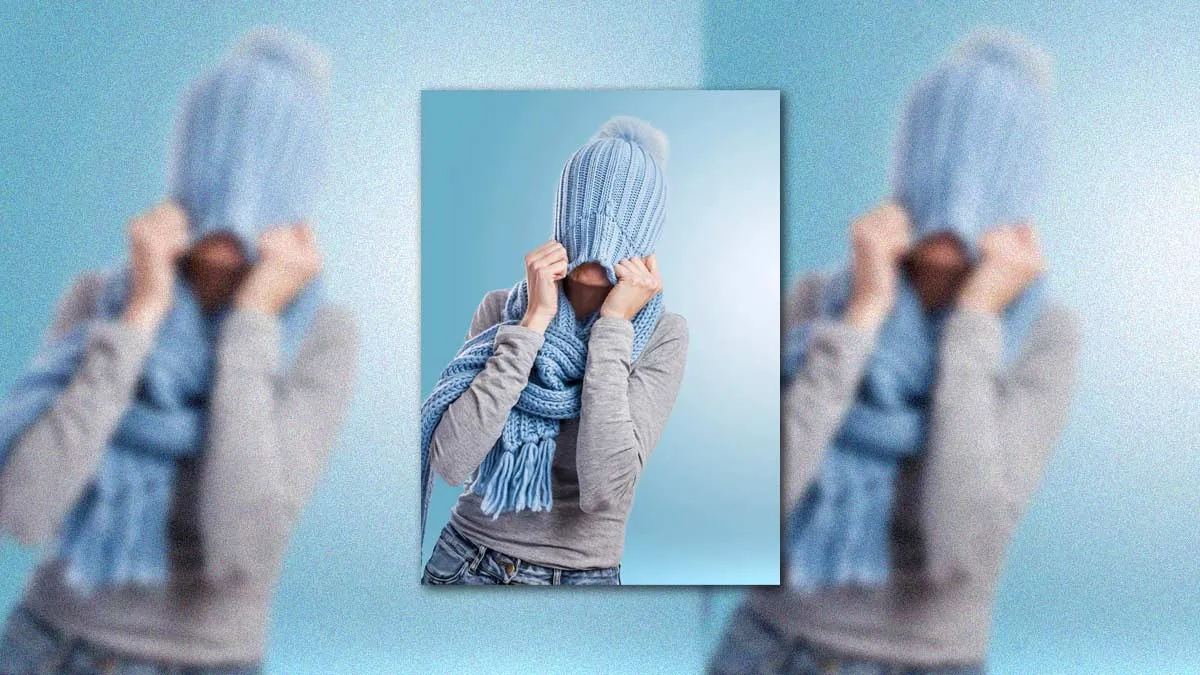
The winter chill has set in and the thought of curling up with a good book and a cup of hot chocolate inside a warm quilt is admittedly enticing. This cold season brings a lot of other goodies, too, like snow and the chance to gorge on our choicest dishes without guilt. However, not all is good with winters. Now if this is your favourite season, you may get all riled up, but try to remember the usual pattern of your mood during these months. Does it remain upbeat or super-blue? If it's the latter, you should know of winter depression. Yes, it is a real term and in this article, we have listed its causes, treatment options, and expert-backed tips.
Experts say winter depression is also known as SAD or Seasonal Affective Disorder and it can happen because of low exposure to sunlight. Less sunlight "leads to decreased production of serotonin in our brain. Exposure to sunlight leads to the creation of serotonin and melatonin. During winters, the reduced sunlight exposure causes chemical changes in the brain which may lead to depression-like symptoms thus causing SAD," says Dr. Shachi Patel, wellness expert and psychologistof One Health Assist.
Dr. Tanu Puri, psychotherapist-counsellor, attests to this and adds that winter depression begins "sometime around fall and lasts till early spring," and shorter days can indeed "set off a chemical change in the brain. In other cases, traumatic psychological associations with a particular season (can also) trigger the symptoms of SAD."
Don't Miss: 3 Skincare Products You Can Try This Winter to Keep Dryness at Bay
Dr. Patel points out that women are more prone to winter depression compared to men while Dr. Puri says SAD affects "one’s mood, feelings, and thinking," irrespective of gender.
According to Dr. Patel, "The American Psychiatric Association classifies SAD as a major depressive disorder with cyclical and seasonal patterns. In many cases, SAD is also triggered during the rainy season." She lists 7 symptoms of winter depression, such as:
Dr. Rahul Saini, psychologist and member of DocTube, adds another 5 symptoms:
As for treatment options, Dr. Patel and Dr. Puri say the following may be able to help alleviate winter depression:
As an end note, Dr. Saini cautions, "If you feel down for days and can't get motivated to do your usual activities, visit your healthcare provider. It is crucial to see a doctor if your sleep patterns and appetite have changed, you turn to alcohol or you have started feeling hopeless. If you have started to think about suicide then visit a psychiatrist ASAP."
Don't Miss: 7 Benefits of Eating Peanuts in the Winter Season
If you liked the story, please share it. For more such articles, stay tuned to HerZindagi.
Our aim is to provide accurate, safe and expert verified information through our articles and social media handles. The remedies, advice and tips mentioned here are for general information only. Please consult your expert before trying any kind of health, beauty, life hacks or astrology related tips. For any feedback or complaint, contact us at compliant_gro@jagrannewmedia.com.